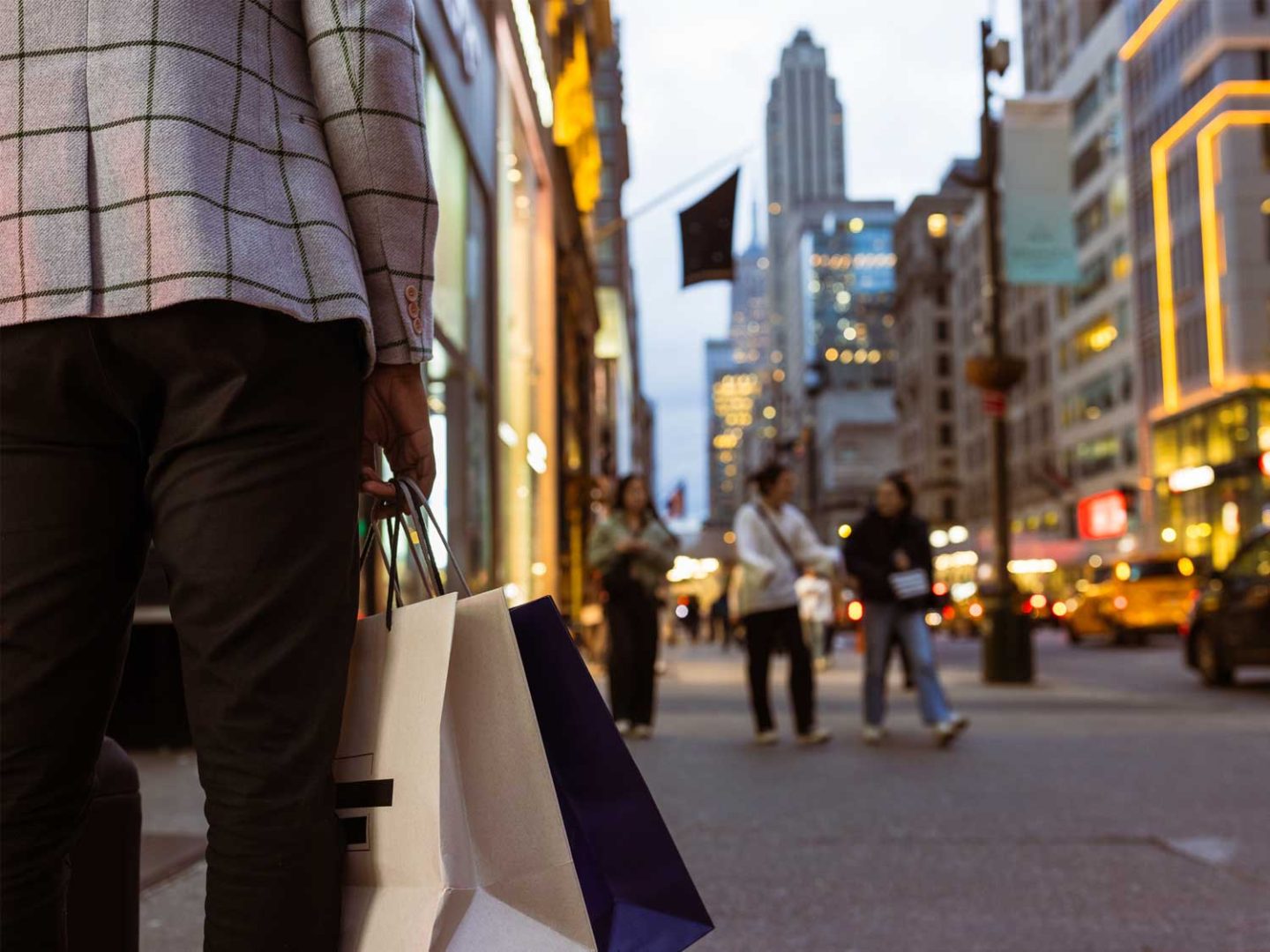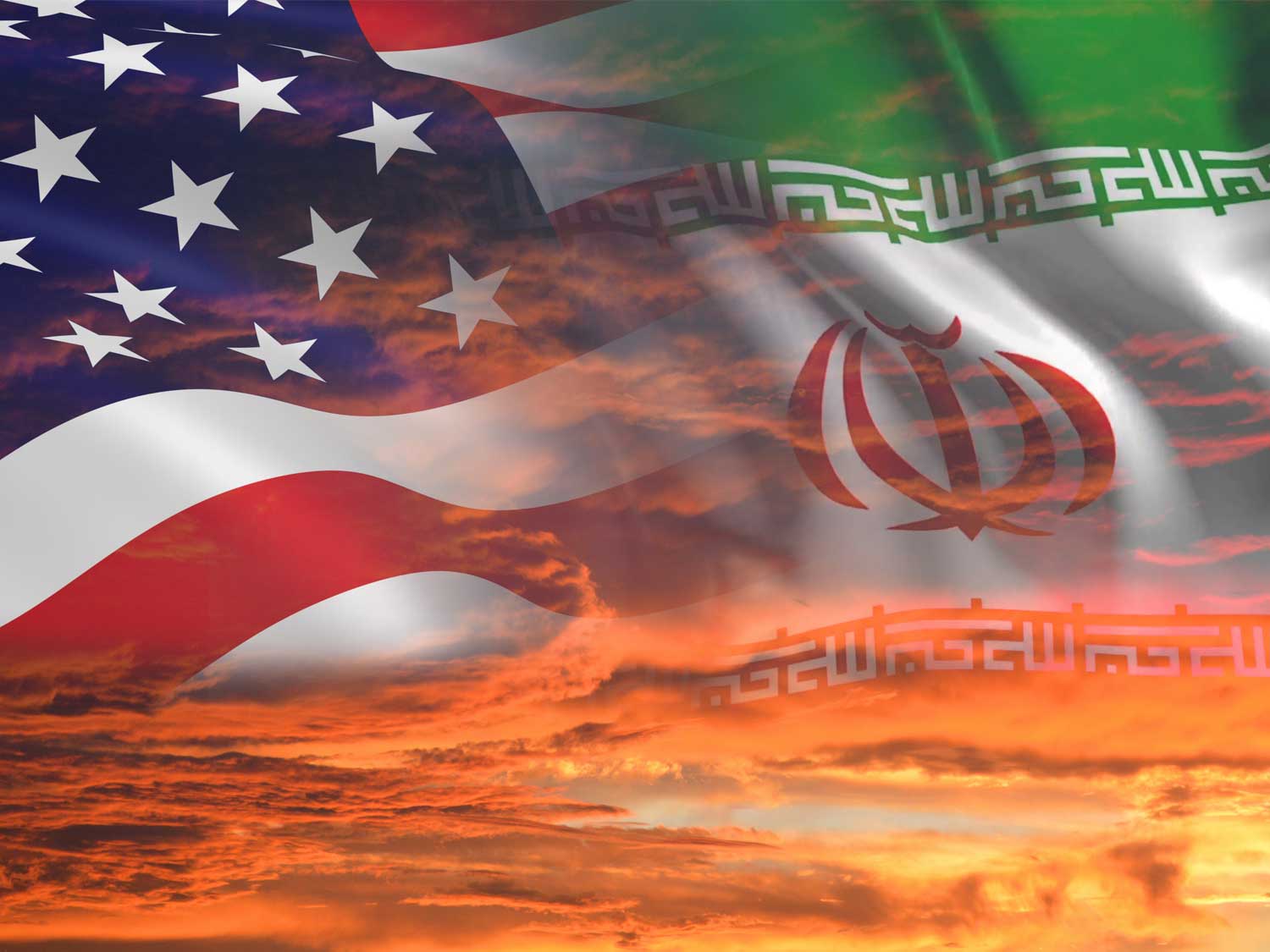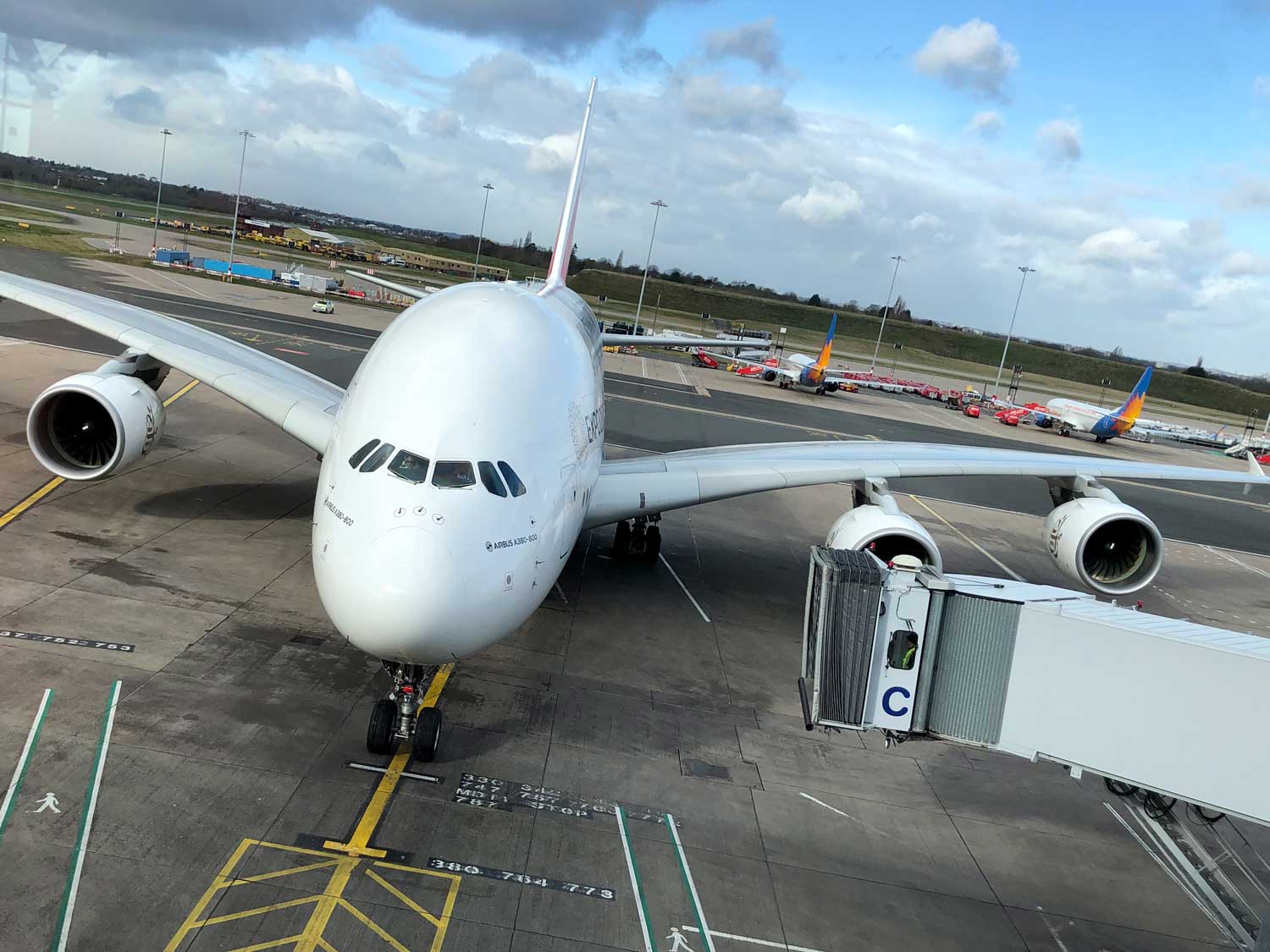UK fashion brands and retailers have long viewed the United States as the ultimate growth market, drawn by its scale, spending power, and trendsetting influence. But new trade policies and tariff changes mean that succeeding in America now demands more resilience and strategic agility than ever before.
As the US has scrapped the “de minimis” rule, which had allowed shipments under $800 to enter duty-free and ramped up tariffs, UK brands are rethinking every stage of their entry strategies. Once reliant on seamless, low-cost access for direct-to-consumer and test shipments, brands now face extra duty, customs checks, shipping expense, and more paperwork, even on small parcels.
For many, rising costs and increased bureaucracy threaten profitability and expansion plans just as competition and consumer expectations intensify.
Turning Challenge into Opportunity
While some UK retailers have pressed pause on ambitious US store launches, pivoting towards digital channels or wholesale collaborations to maintain a presence with lower risk, others have doubled down, unveiling shops in key metros and converting retail units to local fulfilment spaces. Robust consumer demand, particularly for womenswear and occasion-wear is encouraging brands to keep investing, yet the focus for autumn/winter 2025 is on smarter pricing and operational transparency.
Many are adopting “all-inclusive” US pricing, building duties and shipping into up-front costs and clearly communicating this to customers. This not only preserves brand trust but also softens the sting of retail price hikes, which are often in the range of 20–30%, to reflect tariff increases and core logistics expenses. According to executives quoted in industry analysis, US shoppers, and especially women seeking high-value items, remain willing to spend if pricing is transparent and the overall brand proposition remains strong.
Managing Tariff and Sourcing Risks
Tariff structures have become more complex and increasingly volatile, with rates ranging from 10% for UK-origin apparel to as high as 50% for goods sourced from countries such as India, now impacted by additional duties in retaliation for trade decisions. The end of de minimis has further complicated direct-to-consumer logistics, requiring every incoming parcel to undergo duty assessment and customs clearance. Many brands have responded by broadening sourcing strategies, seeking to insulate themselves from abrupt tariff escalation or disruptions in high-risk producer nations.
Retailers also report stepping up risk management by diversifying suppliers, even at the cost of short-term speed or margin. Some brands, for instance, have paused or revised launches tied to affected regions, while others are maintaining close scrutiny of the US policy environment before committing to major investments.
Metro: Delivering Fashion Logistics Advantage
Succeeding in this new environment requires supply chain partners with deep expertise and agile solutions. Metro stands out for its long track record of delivering fashion logistics, combining global knowledge with hands-on operational support in the UK and United states.
Metro’s dedicated retail platform offers end-to-end supply chain visibility, specialist fulfilment services, and responsive support that fashion brands trust. From managing in-store launches and pop-ups to supporting direct-to-consumer deliveries and optimising last-mile logistics, Metro’s technology empowers brands to control costs, navigate customs changes, and keep products moving in sync with shifting sales cycles.
This level of insight and flexibility is essential as the “golden quarter” peak season approaches. Metro’s experience and local support help brands stay ahead of regulatory changes, respond to market trends, and build lasting competitive advantage.
Though the US trade landscape now presents more complexity and risk, it remains a vital growth market for fashion brands committed to meeting high consumer expectations and navigating tariff headwinds.
Businesses that benefit from Metro’s resilient, intelligent supply chain solutions will be best placed to weather uncertainty, prosper and grow in the evolving American marketplace.
EMAIL Andrew Smith, Managing Director, today to explore how we can support your success in the United States.





